

Carbon Fiber Reinforcement: A Proven Solution for Aging Industrial Infrastructure
As industrial facilities age, structural challenges become unavoidable. Corrosion, cracking, and fatigue can reduce the load-bearing capacity of critical assets, often leading to costly shutdowns or full replacements. Fortunately, carbon fiber reinforcement (CFRP) has emerged as one of the most effective methods for restoring strength and extending the lifespan of industrial infrastructure.

Specialty Coatings vs Traditional Solutions
Industrial assets face constant exposure to moisture, chemicals, abrasion, and temperature swings. Protecting steel and concrete is not only about appearance, but also about preventing corrosion, leaks, and structural degradation that cause downtime and safety incidents. Traditional paints provide a cosmetic film, but high-performance specialty coatings are engineered to solve specific service challenges.
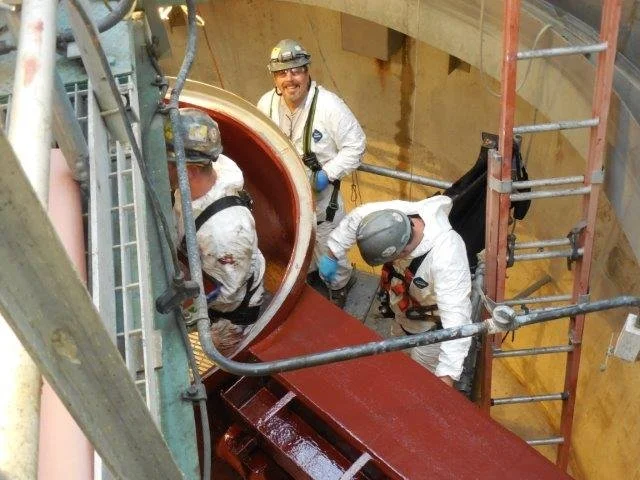
How to Choose the Right Industrial Contractor for Complex Projects
Selecting an industrial contractor is one of the most important decisions a facility manager can make. Complex projects require more than just manpower, they demand proven expertise, advanced safety measures, and seamless project management. The right partner can ensure projects are delivered on time, on budget, and to the highest quality standards. On the other hand, choosing the wrong contractor can result in costly delays, safety risks, and long-term operational setbacks.
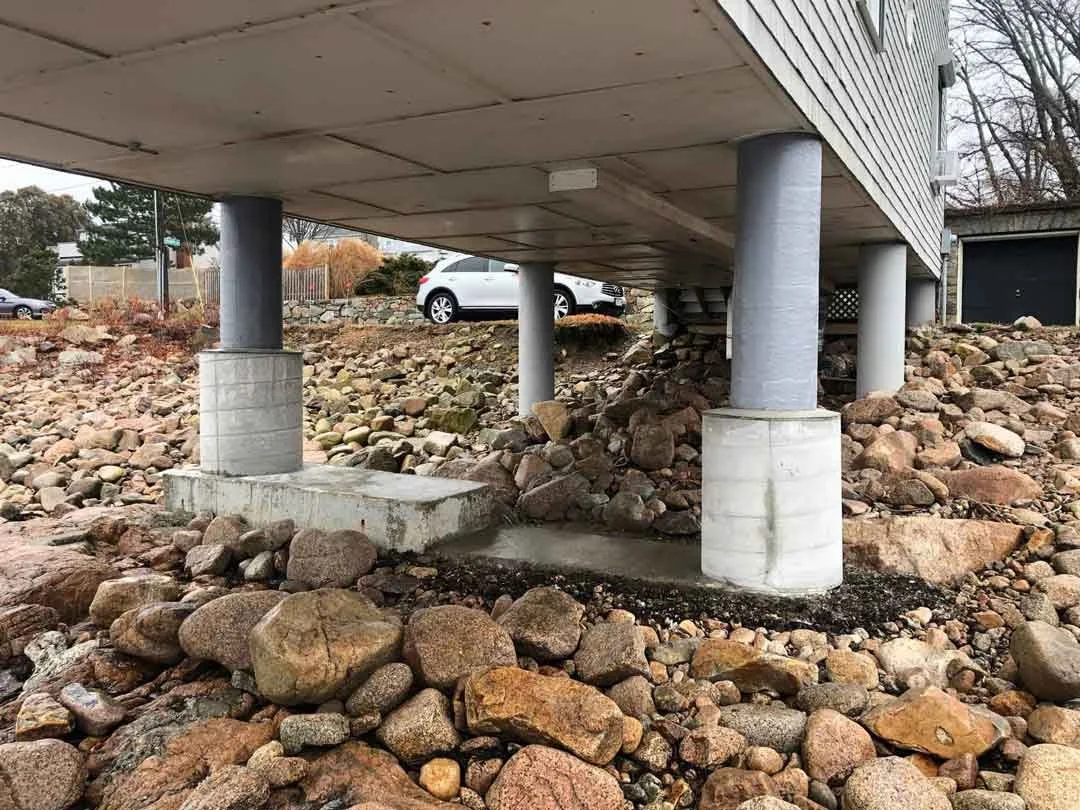
Innovative Structural Repair Methods for Industrial Facilities
When structural components in industrial facilities begin to fail, the stakes are high. Traditional repair methods often involve lengthy shutdowns, heavy demolition, and costly replacements that can severely disrupt operations. Fortunately, advancements in repair technology now make it possible to restore strength and reliability with less downtime and greater efficiency. These innovative industrial structural repairs are helping facility managers protect assets while keeping operations on track.
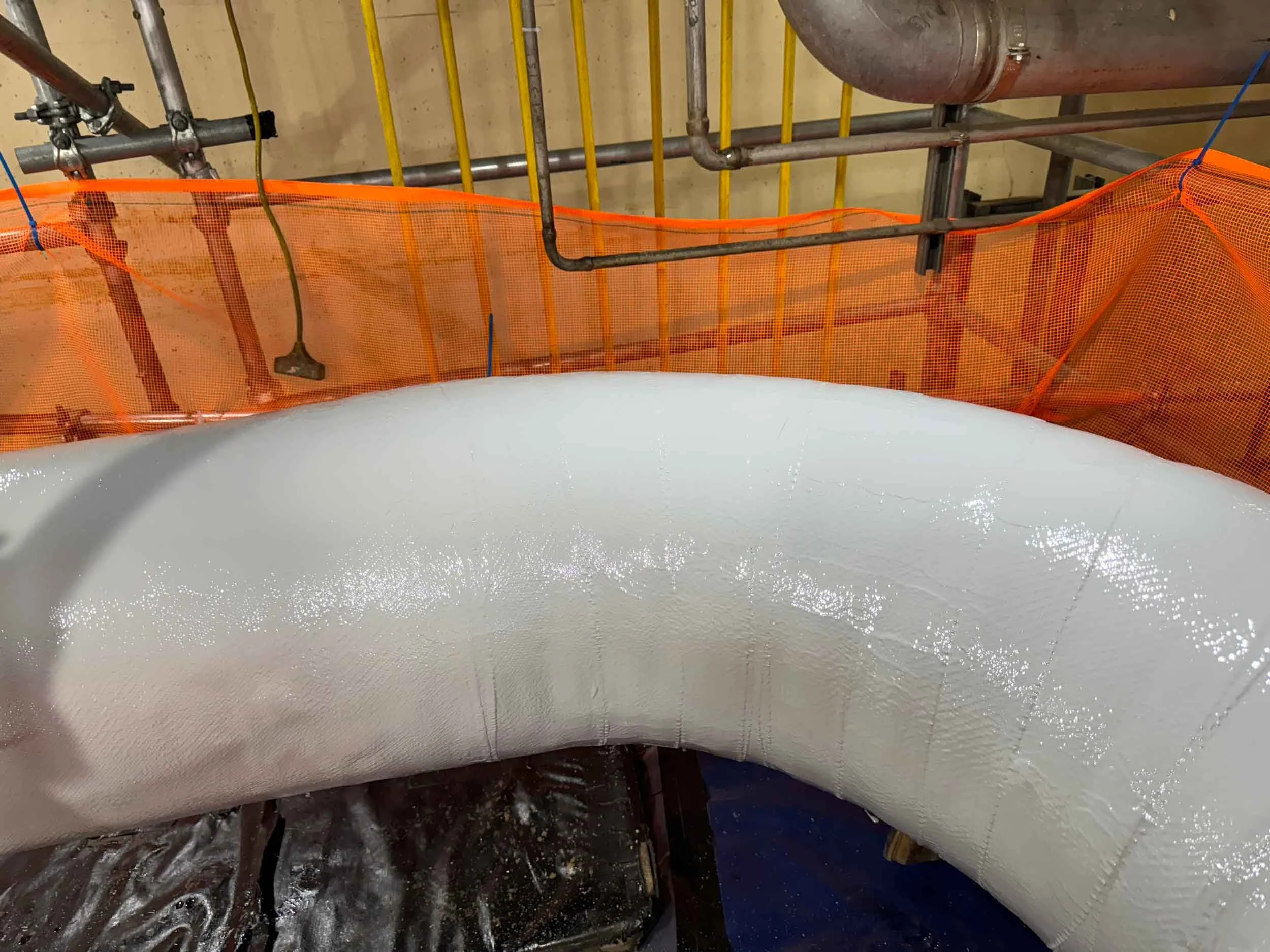
Maximizing Asset Lifespan Through Proactive Industrial Repairs
Controlling downtime and replacement costs starts with one key approach, proactive repairs. Instead of waiting for equipment or infrastructure to fail, facility managers are increasingly prioritizing early intervention strategies to protect their assets, minimize risks, and extend industrial asset lifespan. By shifting the focus from reactive fixes to preventative maintenance, organizations can better safeguard performance and ensure long-term reliability.

The Role of Specialty Coatings in Protecting Industrial Infrastructure
Industrial infrastructure faces constant exposure to harsh conditions, including chemicals, moisture, abrasion, and extreme temperatures. Without proper protection, these elements can cause costly damage, reduce efficiency, and significantly shorten the lifespan of critical assets. That is where specialty coatings play a vital role.
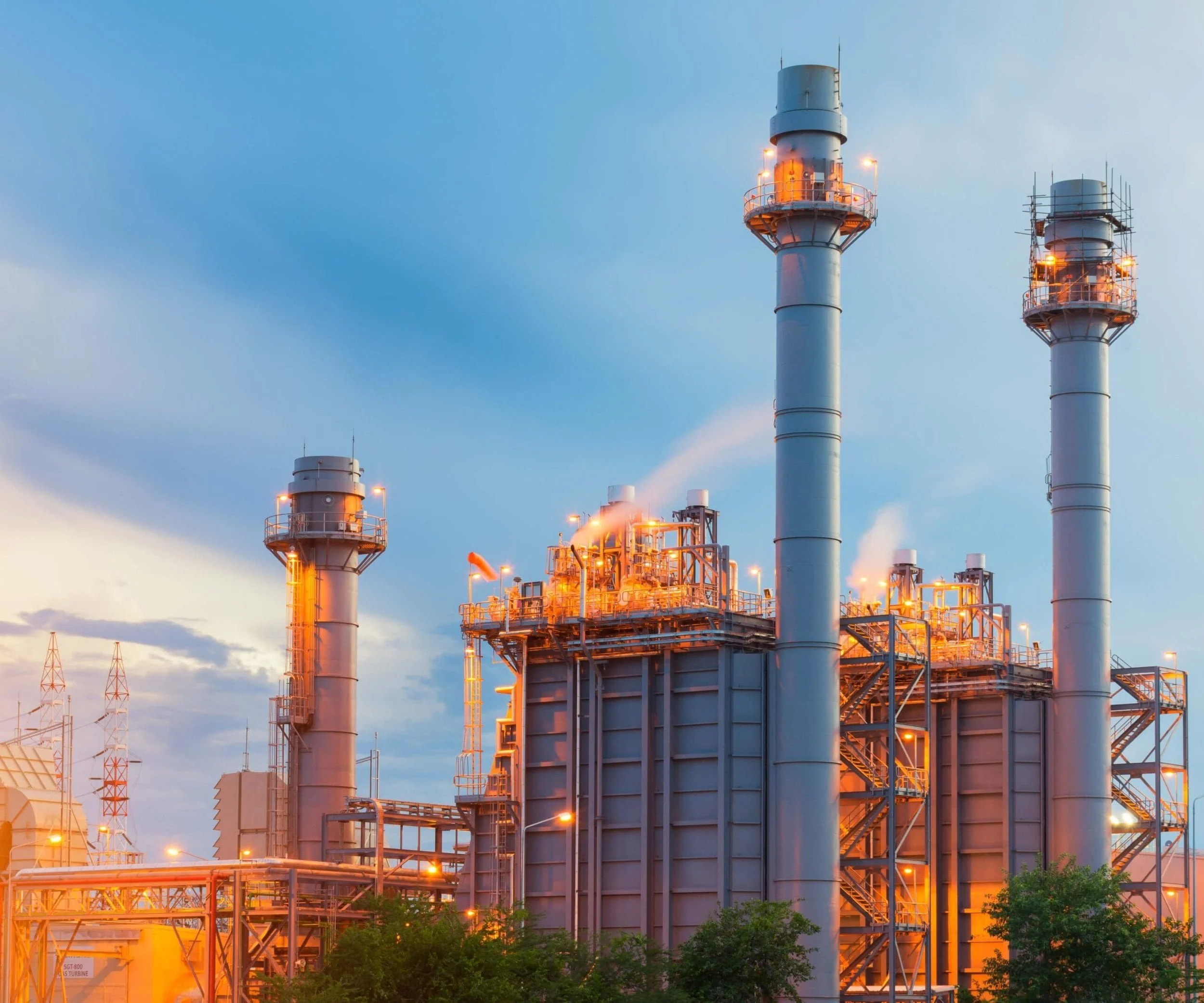
Understanding Predictive Maintenance in Industrial Facilities
In today’s competitive industrial landscape, operational efficiency and asset reliability are more critical than ever. One proven approach to achieving these goals is predictive maintenance, a strategy that leverages data and advanced technologies to anticipate equipment failures before they occur. This article explores the predictive maintenance benefits that industrial facilities can unlock to reduce costly downtime, improve safety, and extend the lifespan of critical assets.
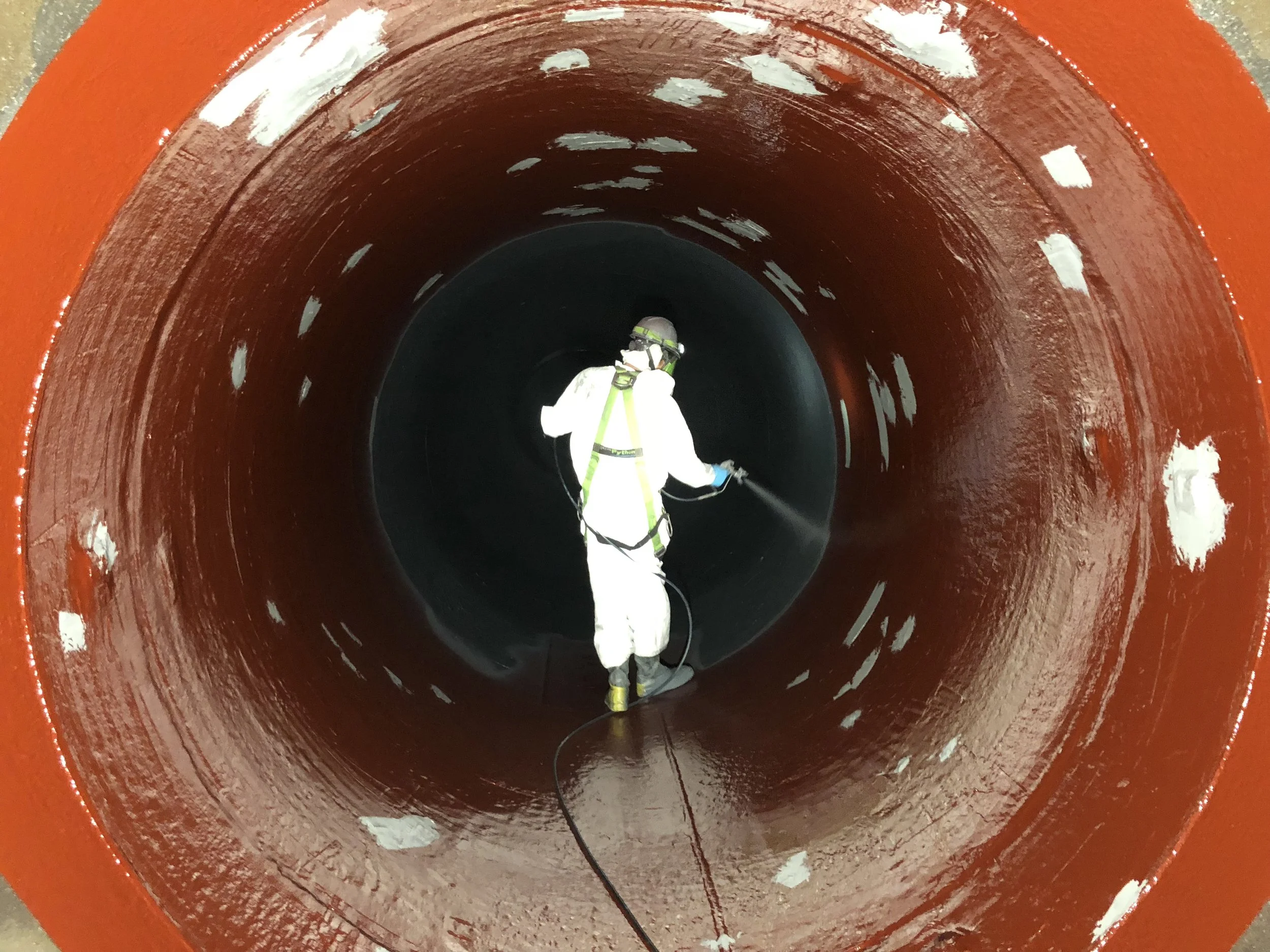
Key Trends Driving the Future of Industrial Maintenance
Predictive maintenance is becoming smarter, thanks to artificial intelligence (AI) and the Internet of Things (IoT). Facilities are adopting sensor technology and machine learning algorithms to monitor equipment in real time, detect early signs of wear, and prevent failures before they happen. This reduces unplanned downtime, lowers costs, and extends asset life.
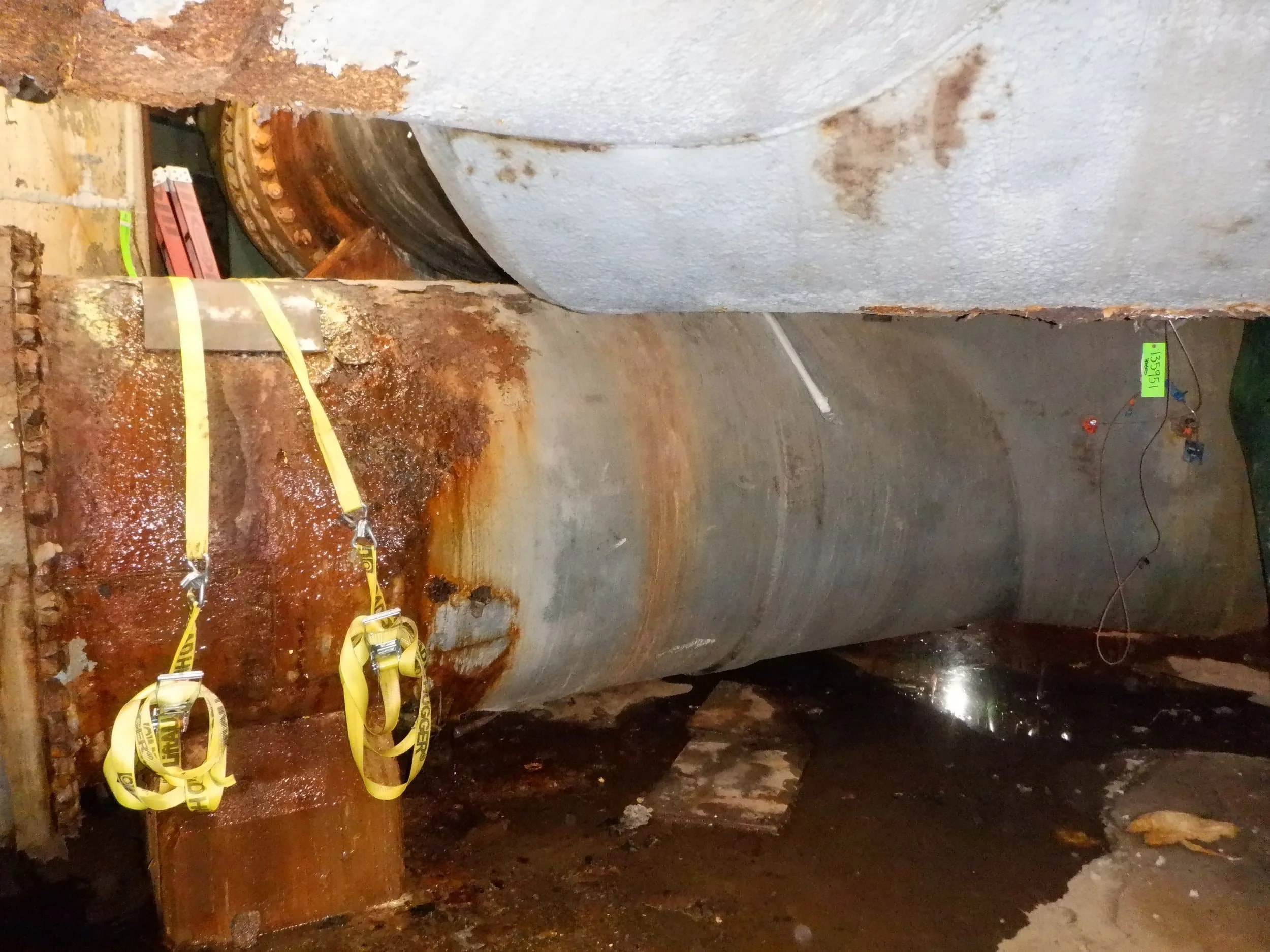
Understanding Predictive Maintenance in Industrial Facilities
In today’s competitive industrial landscape, operational efficiency and asset reliability are more critical than ever. One proven approach to achieving these goals is predictive maintenance, a strategy that leverages data and advanced technologies to anticipate equipment failures before they occur. This article explores the predictive maintenance benefits that industrial facilities can unlock to reduce costly downtime, improve safety, and extend the lifespan of critical assets.
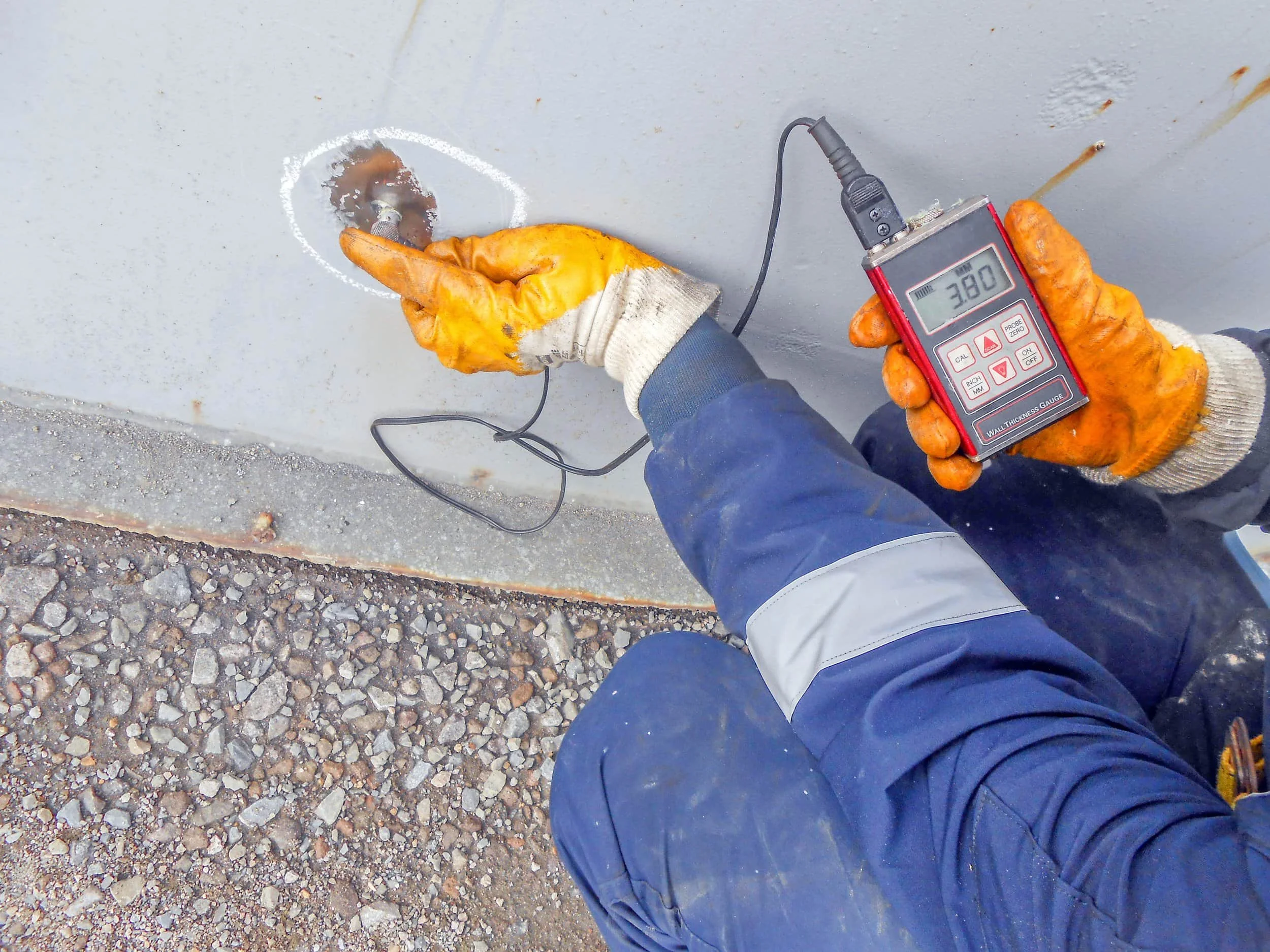
Unlock Life-Cycle Value with Managed Area Programs (MAPs)
Maintaining asset operations to ensure the system runs smoothly and effectively is imperative to the success of any industrial company. Enhancing the life-cycle value of such assets enables companies to save thousands of dollars by eliminating the need for costly, untimely repairs. Life-cycle value focuses on the time involved, cost per investment, maintenance costs, and reliability costs.
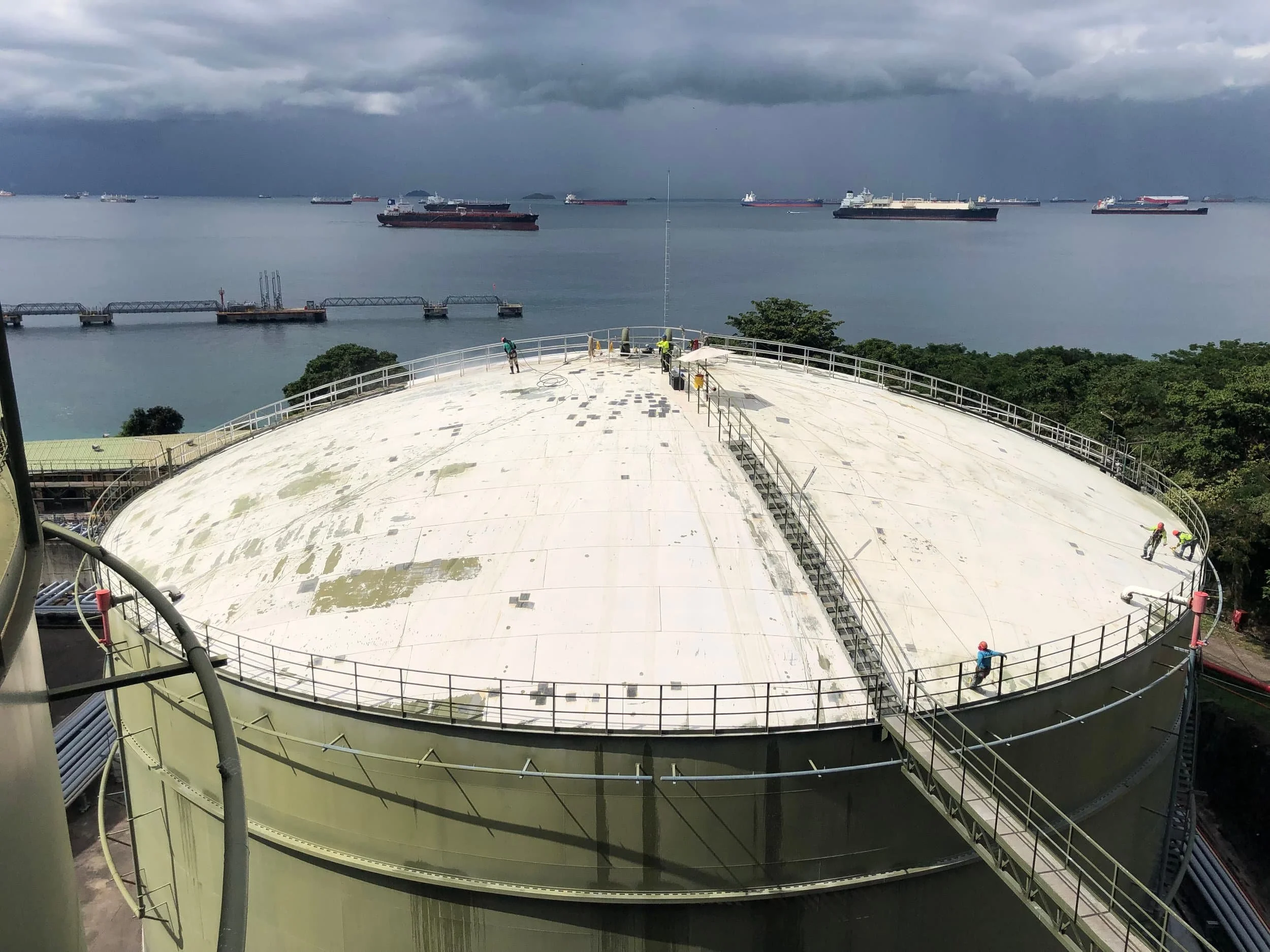
Reactive to Proactive – Managed Area Program
Managed Area Programs (MAPs) offer tools to restore asset reliability and reduce unproductive spending for maintenance. A&G Industrial Services can develop and help maintain a customized MAP for your system. A MAP is a process that will identify the root cause of a failure, the potential failure population, the failure rate, and develop the appropriate inspection and repair method to stay ahead of future failures.
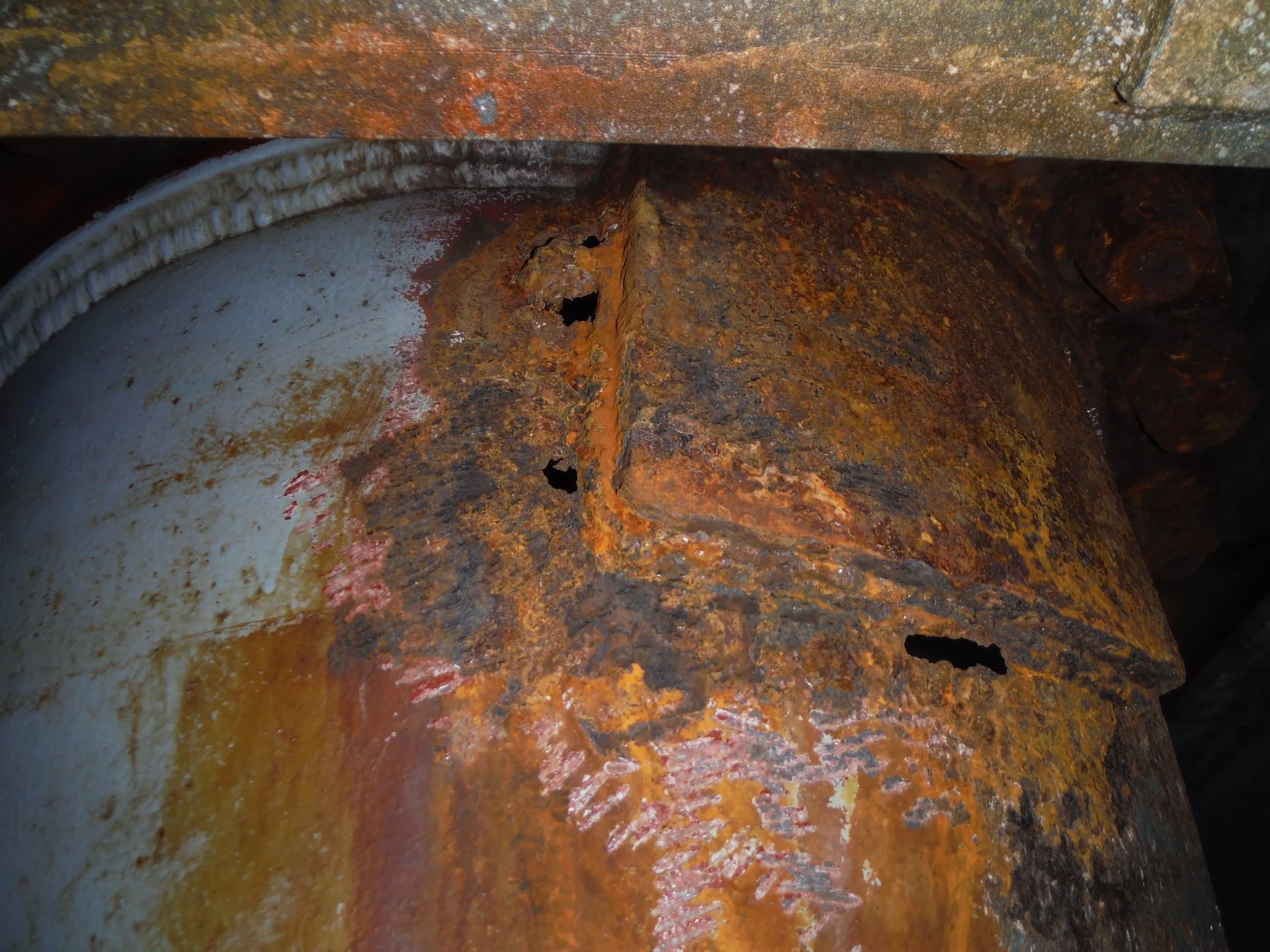
Leakage to Longevity – Power Generation System Repair
A power generation station’s critical cooling water infrastructure, originally installed in the 1950s, had become outdated and posed significant risks. With five previous successful composite wrap solutions to systems with identical failures, A&G Industrial Services was well-equipped to address this challenge. The key concerns for this project include:
